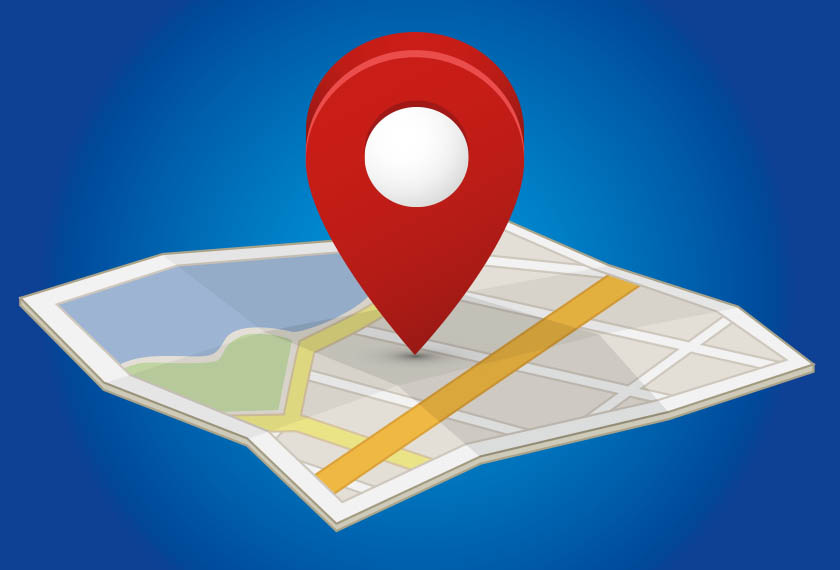Creating your event team
Page updated on: 14/02/2024
To deliver an event, there needs to be a clearly defined team and organisational structure, the size and complexity of which is depended on the event being organised. This could require a large management board for a large and complex event, or it could be a smaller organising committee for a less complex and smaller event.
Legal constitution of groups and committees
What form of legal entity will the organising group take? Are you part of an existing charity, company or do you need to set up new legal entity for the delivery of the event? As this is a potentially complex area it is important that you make the right decisions about group constitution at the outset.
Organisational structure
What structure will the group take and how will decisions be made, and budgets allocated? It may be that you adopt a hierarchical structure with a project manager and then managers responsible for other areas below them. Or you may implement a structure with a project management team at the core with most services and attractions outsourced to external suppliers.
Roles and responsibilities
What roles are required to deliver the event and what will each role be responsible for? Breaking the event down into components e.g. venue, marketing, finance, safety, etc. is one way to identify the different roles and work packages required to deliver the project. If you need to recruit paid members of staff, you will have legal responsibilities as an employer.
Common roles for organising events:
You need someone identifiable to act as the main point of contact and to have overall responsibility for keeping track of activities involved in the planning and implementation of your event. This may or may not be someone with overall responsibility for the budget and other areas of the event.
Someone with a good grasp on finance who will take responsibility for managing the overall budget for the event. This may include allocating budgets to different areas of the event, setting up a bank account, monitoring cash flow, paying suppliers and dealing with revenue both prior to the event and on the day.
All events require a team of people to deliver. They are often planned by a relatively small team, with many more required for the setup, delivery, and breakdown of the event. You may need someone to oversee this area to aid in the recruitment, selection, training, deployment, payment and evaluation of paid employees or volunteers.
If you are to achieve your potential and attract the appropriate numbers and types of people to your event then having someone in the team who has experience of marketing is very desirable. Ideally this should be someone with a good understanding of the target market you are seeking to attract and the other events you are competing with.
Sourcing and booking entertainment can be a complex task which requires an understanding of both the target market and the requirements of different types of entertainers. They should be able to accommodate the needs of entertainers within the events budget and ideally understand the technical requirements of different types of performers.
All events require a venue whether it is a permanent or temporary venue. For permanent venues it may be more of a venue liaison role which is required within the team, however for a temporary venue an experienced and knowledgeable site manager is required to deal with the planning, building and running or your event site.
Issues related to safety and security will vary depending on the size, location, and audience composition of your event. However all events must conduct risk assessments, so having someone involved who has experience of conducting such a process is very important to ensure a safe and secure event.
Most events require the input of volunteers at some point in their organisation and delivery, whether this is to complete tasks required as part of the planning or to assist in the running of the event. Once you have identified the sort of tasks that require completing by volunteers you can develop a strategy to recruit, select and train them.
When selecting volunteers, you must try to match their interests in the event and motivations for volunteering with the opportunities they are provided, it is also important to consider how volunteers will be rewarded for giving up their time. As volunteers are not paid, they must be managed differently to normal employees however, it is important to set out expectations at the start. This may be in the form of a volunteer agreement or simply a briefing meeting with would establish matters such as individual involvement in planning meetings, working days and times, payment of expenses and other requirements as appropriate.
Further information on volunteers can be found on the WCVA website.
More from Organising events










